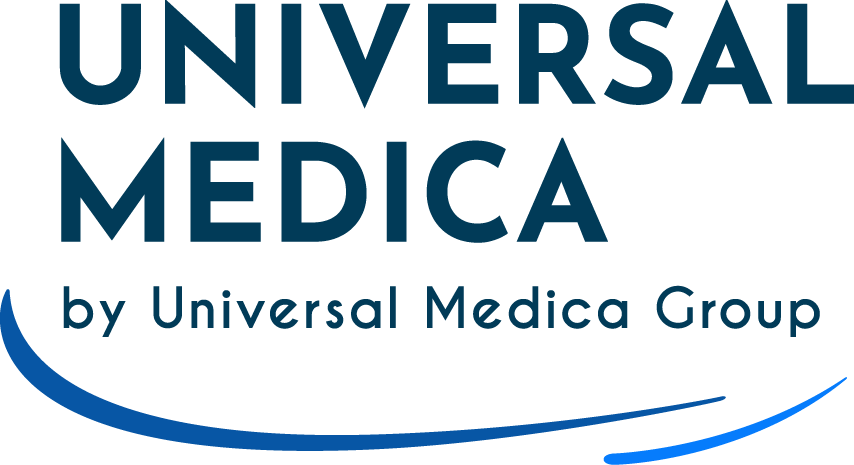On 06 January 2023, the European Commission proposed an extension of the transitional period for the re-certification of medical devices in order to reduce any risk of shortages.
There are at present more than 500,000 types of medical devices on the EU market, ranging from simple contact lenses and plasters to pacemakers and hip replacements, all subject to the Medical Devices Regulation.
According to the Medical Device Regulation which came into force on the 26th of May 2021, all medical devices marketed in the EU required to be recertified within the transition period which ends on the 26th of May 2024, with an additional one-year period for sell-off (until May 2025).
However, due to the limited capacity of Notified Bodies and the robustness of the requirements, many manufacturers are going to be unable to meet the deadline, posing the risk of significant disruption in the supply of various medical devices on the EU market.
Thus, to ensure continued patient access to medical devices, the European Commission proposes a conditional extension of the transition period, with revised deadlines, depending on the risk class of the medical devices concerned. The conditional transition period is only applying to “legacy devices”, i.e. those that are already covered by a certificate or declaration of conformity issued before the 26th of May 2021.
The proposals are as follows:
- Shorter transition period extension for high-risk devices, such as pacemakers and hip implants, until 31 December 2027.
- Longer transition period extension for medium- and low-risk devices, such as syringes or reusable surgical instruments: until31 December 2028.
- For Class III custom-made implantable devices, the proposed transition period is extended until 26 May 2026.
The Commission has also proposed to remove the “sell-off” date currently set out in the MDR and IVDR, to ensure that safe and essential medical devices already on the market will remain available to patients.
For more information: Click




